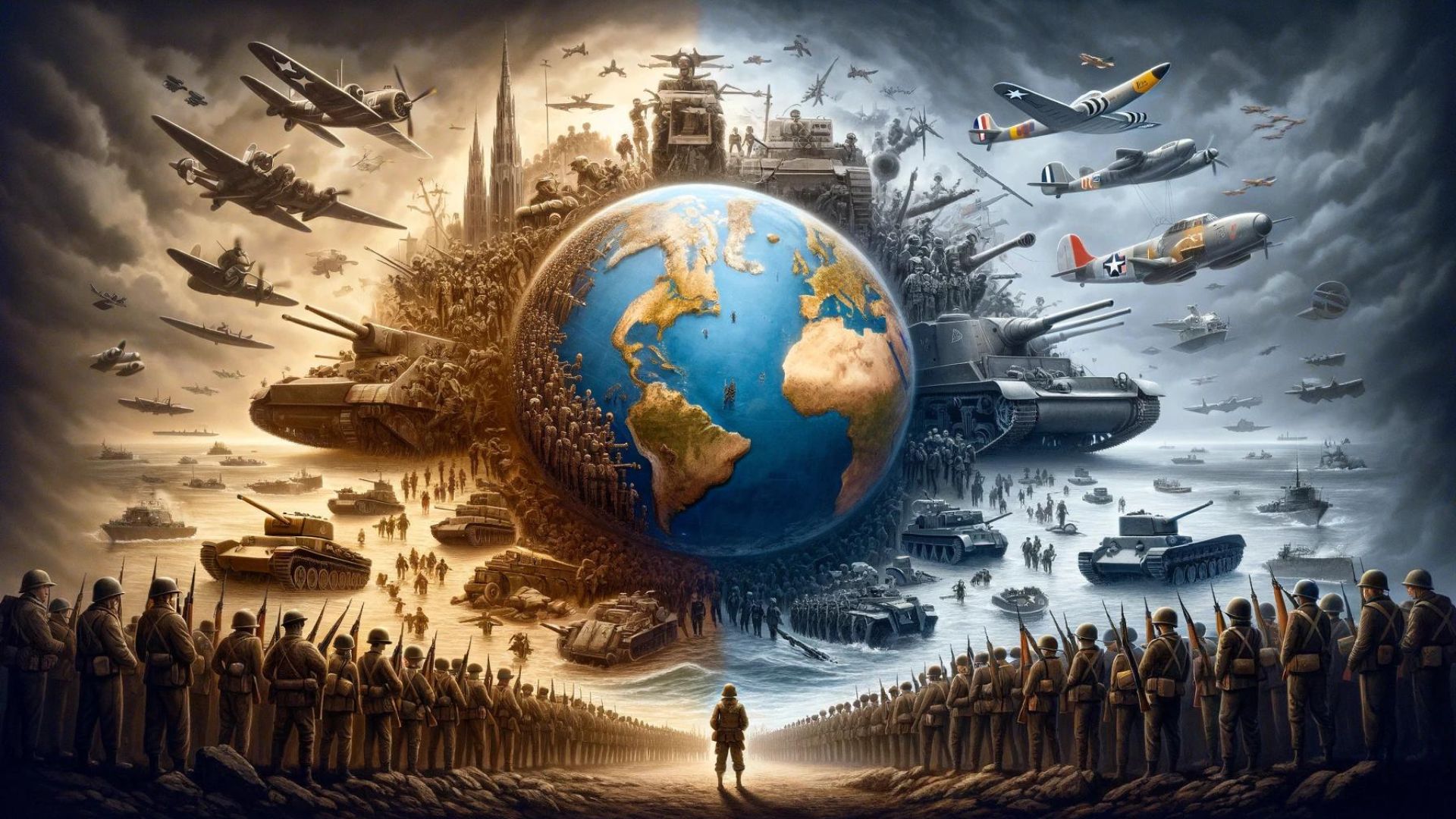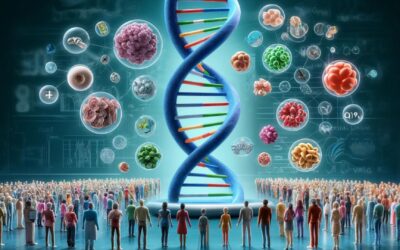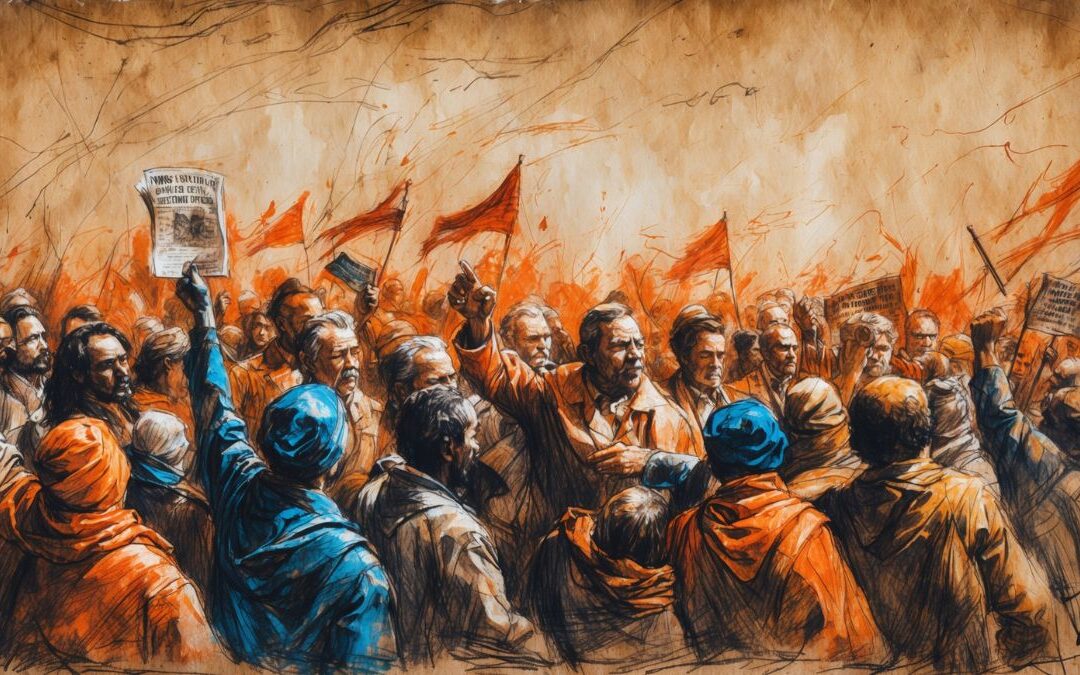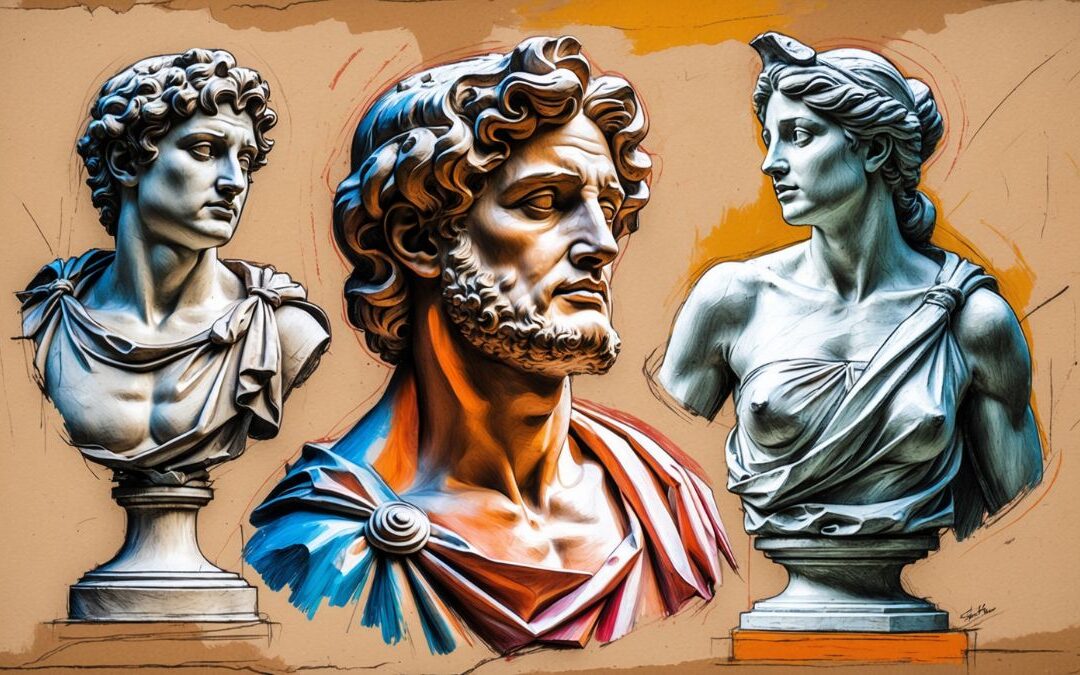World War II: A Defining Moment in History
Imagine living in a world where the decisions of a few shape the fate of many, where alliances and ideologies clash on a scale never seen before. This was the reality of World War II, a conflict that, from 1939 to 1945, engulfed the globe in a struggle for power, freedom, and survival. By exploring World War II, we uncover not just stories of despair and destruction but also tales of heroism, resilience, and the indomitable human spirit.
The seeds of World War II were sown in the aftermath of World War I. The Treaty of Versailles, intended to ensure peace, instead left Germany humiliated and economically crippled, creating fertile ground for the rise of Adolf Hitler and his Nazi Party. Meanwhile, Japan sought to expand its empire in Asia, and Italy, under Mussolini, aimed to establish its dominance in the Mediterranean. The stage was set for a global conflict that would involve the major powers of the world, divided into two main alliances: the Allies and the Axis.
The war officially began on September 1, 1939, with Germany’s invasion of Poland, prompting Britain and France to declare war on Germany. This conflict quickly spread worldwide, affecting countries and territories on every continent. The war’s scale and scope were unprecedented, featuring massive battles on land, sea, and air, the use of new and devastating technologies, and the mobilization of civilian populations unlike anything seen before.
One of the war’s defining moments was the attack on Pearl Harbor by Japan on December 7, 1941, which led to the United States entering the conflict. This event shifted the balance, and over the next four years, battles like Stalingrad, El Alamein, and the Normandy Invasion (D-Day) would become legendary for their scale, significance, and the determination of those who fought.
World War II was not just a military conflict; it was a war of ideologies, pitting democracy and fascism against each other. It was a war that saw the Holocaust, the genocide of six million Jews by the Nazi regime, and the use of atomic bombs on Hiroshima and Nagasaki, introducing the world to the nuclear age. The war’s end in 1945 marked the decline of European colonial empires and the rise of the United States and the Soviet Union as superpowers, setting the stage for the Cold War.
The importance of understanding World War II lies in its profound impact on the world. It reshaped borders, economies, and societies. It led to the formation of the United Nations and a new international order aimed at preventing such a catastrophe from happening again. The lessons of World War II, about the cost of extremism, the importance of alliances, and the value of human life, remain relevant today.
In real life, the echoes of World War II can still be felt. The war’s outcomes influence international relations, economic policies, and cultural narratives. By studying this monumental event, we gain insights into the complexities of human nature, the consequences of political and ideological extremism, and the importance of striving for peace and understanding in an increasingly interconnected world.
Let this brief exploration of World War II be a starting point for your journey into history. Seek out stories of those who lived through the conflict, visit museums, and read further to understand the depth and breadth of this global event. Use the lessons of the past to inform your actions in the present, contributing to a world where dialogue, respect, and peace prevail over conflict and division.
Why Should You Care?
- Prevent Repeating History: Studying WWII exposes the dangers of nationalism, extremism, and unchecked aggression – dangers still present in the world.
- Understand Our Modern World: The war’s outcome shaped today’s global order, its alliances, and lingering tensions.
- Honor the Past: Learning about WWII is a way to honor the sacrifices of soldiers and civilians who fought for freedom and survived unimaginable horrors.
Key Takeaways
- WWII was global and devastating: It touched nearly every continent and led to an unfathomable loss of life.
- Complex causes: The war resulted from a mix of aggression, ideology, and unresolved tensions from WWI.
- The Holocaust: WWII is synonymous with the systematic genocide of Jews, as well as other targeted groups.
- Transformation: The war’s aftermath reshaped the world map, led to the Cold War, and the creation of international organizations like the UN.
Keywords with Definitions
- World War II (WWII): Global war from 1939-1945, primarily between the Axis and Allied powers.
- Dictatorship: Government where a single leader or party holds absolute power.
- Nazi Germany: Totalitarian regime led by Hitler, based on extreme nationalism and racial superiority.
- Adolf Hitler: Chancellor of Germany, whose aggressive policies and ideology led to WWII.
- Holocaust: Nazi genocide of approximately six million Jews, and millions of others, including Roma, Poles, disabled people, and LGBTQ+ individuals.
- Axis Powers: Germany, Italy, Japan, and their allies.
- Allied Powers: Great Britain, France (before its fall), the Soviet Union, the US, and others.
- Occupation: Military control of a territory by a foreign power.
- Geopolitics: How geography and power dynamics influence relationships between nations.
- United Nations (UN): International organization formed after WWII to promote peace and cooperation.
Frequently Asked Questions
- Who started WWII? While primarily Germany and Japan’s aggressions, there’s no single easy answer, highlighting the complex roots of the war.
- Could it have been prevented? Huge debate! Some argue appeasement of Hitler emboldened him, others point to deep-rooted issues that might have made conflict inevitable.
- What was life like for civilians? Hardship, fear, bombings, shortages. Occupied countries faced especially brutal treatment.
Myth Buster
- Myth: Only soldiers fought in WWII.
- Reality: Civilians played vital roles – factory workers, resistance fighters, those who hid and aided refugees. Women’s contributions were often downplayed.
Let’s Talk!
- Should countries be held accountable for their actions in wars, even long ago?
- Can learning about the Holocaust help prevent similar atrocities from happening again?
- Are there parallels between the rise of fascism in the 1930s and any trends in the modern world?
Share your thoughts in the comments below!











0 Comments